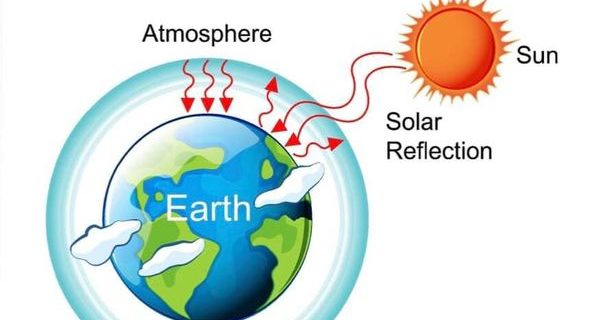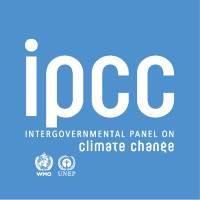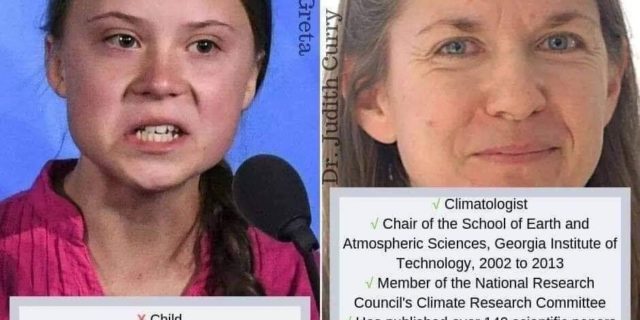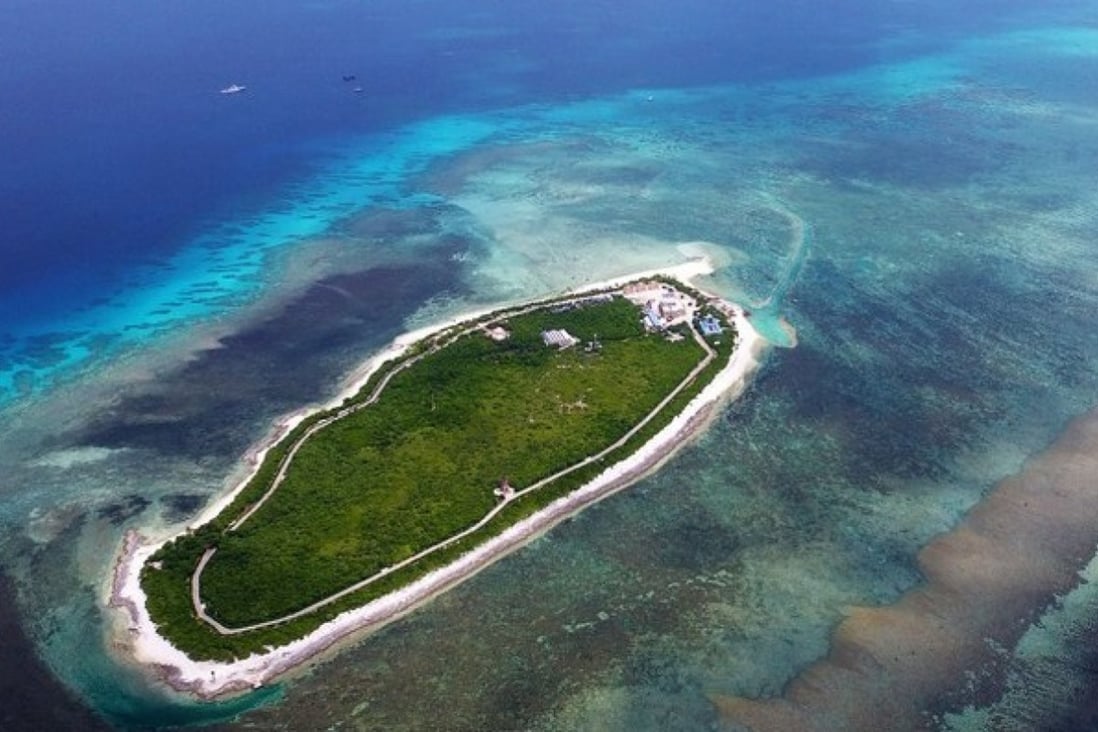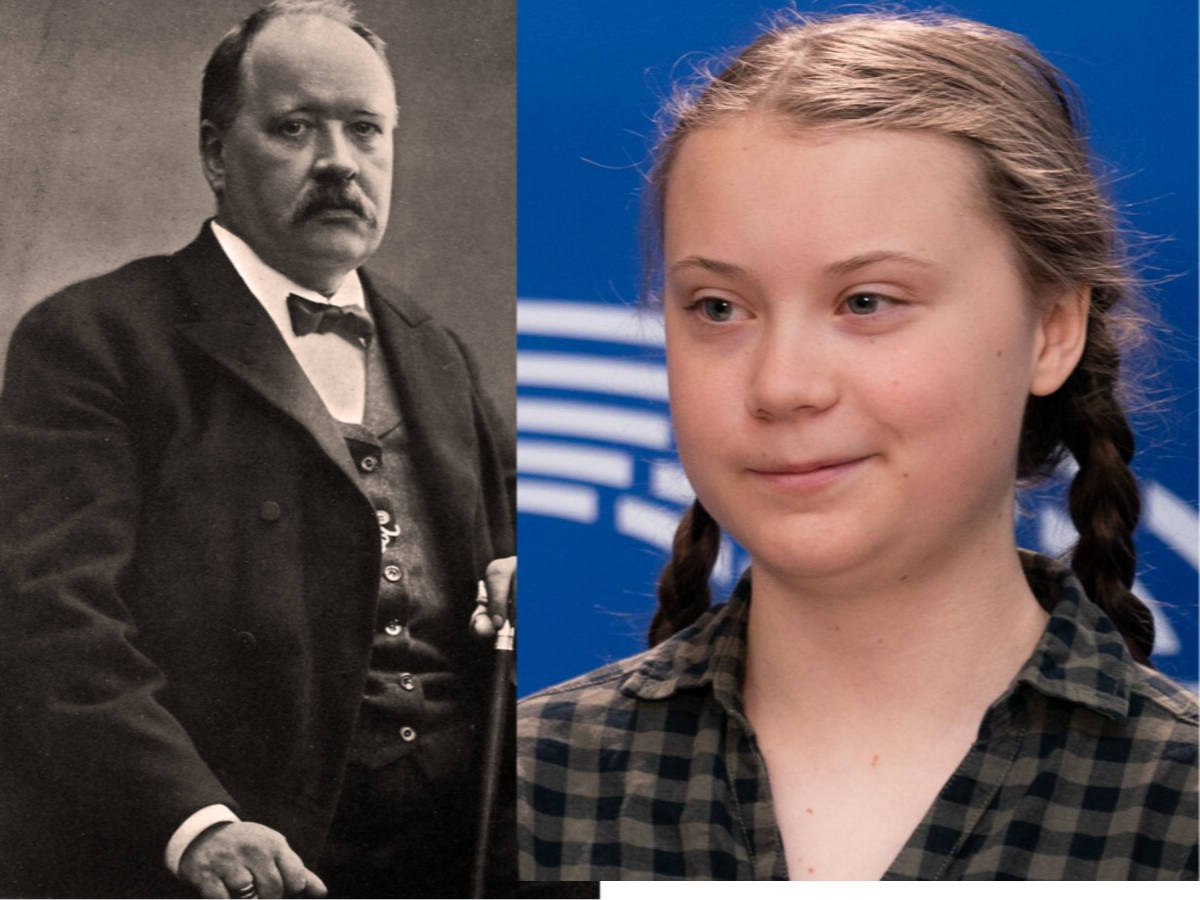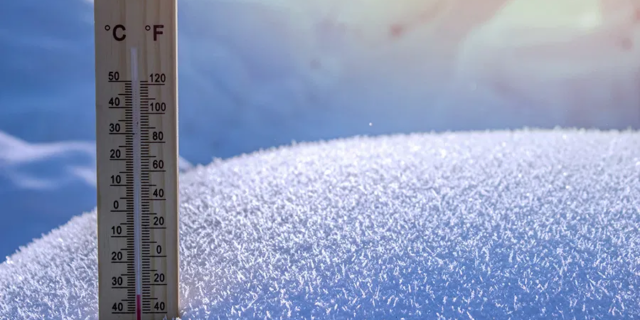Biden’s climate ‘fix’ is fantastically expensive and perfectly useless-Bjorn Lomborg

Photo: Joe Biden NY Post | By Bjorn Lomborg | Feb. 9, 2021 Across the world, politicians are going out of their way to promise fantastically expensive climate policies. President Biden has promised to spend $500 billion each year on climate — about 13 percent of the entire federal revenue. The European Union will spend 25 percent of its budget on climate. Most rich countries now promise to go carbon-neutral by mid-century. Shockingly, only one country has made a serious, independent estimate of the cost: New Zealand found it would optimistically cost 16 percent of its GDP by then, equivalent …

